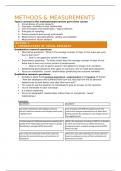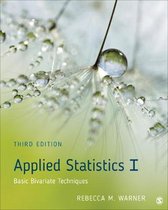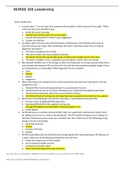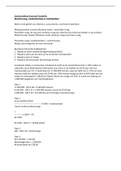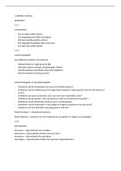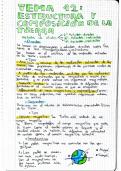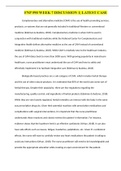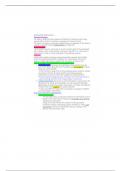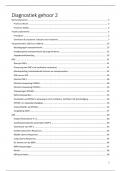Samenvatting
Summary Methods, Measurement & Statistics
- Vak
- (424025B6)
- Instelling
- Tilburg University (UVT)
Pre-master Samenvatting van alle lectures aangevuld met de stof uit het boek. Tevens diverse voorbeelden meegenomen ter verduidelijking Summary of all lectures supplemented with the material from the book. Also included several examples for clarification
[Meer zien]
